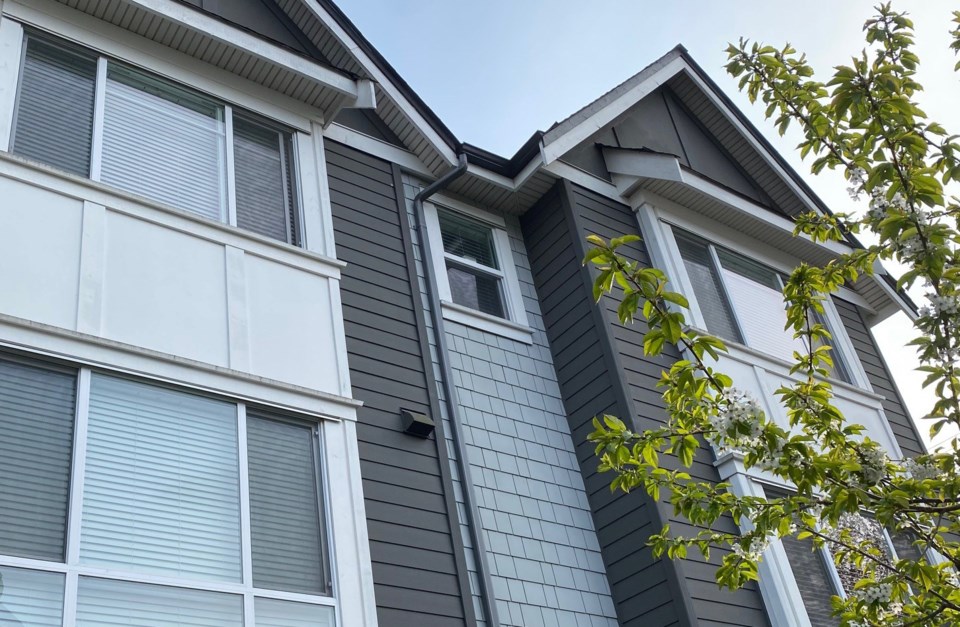Editor:
In his letter, “The density canard” (Optimist, June 22), Malcolm Johnson notes that “[a]s one increases density, one increases land values” and “[w]hen property assessment increases so do taxes …”. This is not the case … association does not necessarily imply causation.
Generally speaking a municipality creates a budget based on their budgetary requirements and the needs (and wants) of the community. As I feel to be the case, the City of Delta seems very adept at ensuring this overall budget is well managed and that increases are modest and kept in line with inflation figures.
This budget number is then divided up over the gross assessed values of properties in the area with adjustments for commercial versus residential, etc. into what is often known as the mill rate; this term being derived from the Latin “millesimum” meaning “thousandth part.” This mill rate, or charge per thousand of assessed value, varies year to year based on that total need for funding as compared to gross assessments … it is not a static multiplier that results in indiscriminate higher taxes for property owners based on a rising assessment as this would devastate the finances of a city in those occasional years where assessed values decrease.
What is clear to me is that there is no easy answer to solving our housing crisis and certainly no answer that will please everyone.
While I am certainly not in favour of seeing 30 and 40- storey towers built in Tsawwassen or Ladner as we see elsewhere and including North Delta, I think that some additional, well planned, and appropriately located six to eight-storey buildings will add some vibrancy and attract and retain more restaurants, stores, and services to our community.
Mark Schoeffel


